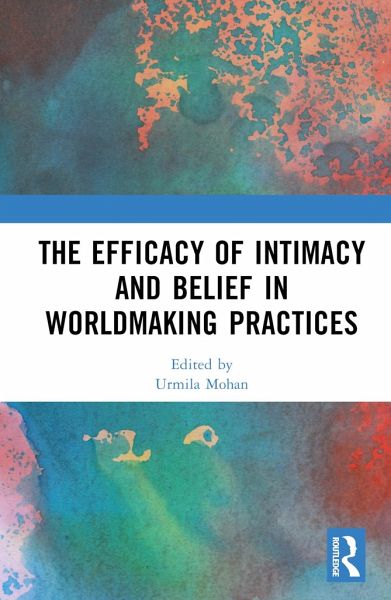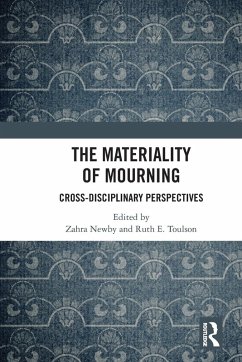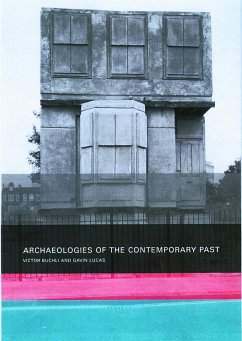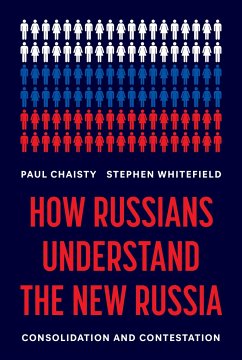
The Efficacy of Intimacy and Belief in Worldmaking Practices
Versandkostenfrei!
Versandfertig in 6-10 Tagen
154,99 €
inkl. MwSt.
Weitere Ausgaben:

PAYBACK Punkte
77 °P sammeln!
This book explores 'efficacious intimacy' as an embodied concept of worldmaking, and a framework for studying belief practices in religious and political domains. The study of how beliefs make and manifest power through their sociality and materiality can reveal who, or what, is considered effective in a particular socio-cultural context. The chapters feature case studies drawn from diverse religious and political contexts in Asia, Africa, and the Americas, and explore practices ranging from ingesting sacred water to resisting injustice. In doing so, the authors analyze emotions and affects, a...
This book explores 'efficacious intimacy' as an embodied concept of worldmaking, and a framework for studying belief practices in religious and political domains. The study of how beliefs make and manifest power through their sociality and materiality can reveal who, or what, is considered effective in a particular socio-cultural context. The chapters feature case studies drawn from diverse religious and political contexts in Asia, Africa, and the Americas, and explore practices ranging from ingesting sacred water to resisting injustice. In doing so, the authors analyze emotions and affects, and how they influence dynamics of proximity and distance. Taking an innovative approach to the topic of intimacy, the book offers a fascinating examination of how life-worlds are constructed by material practices. It will be of interest to scholars of anthropology, religion, and material culture.














